The road to social media hell is paved with good intentions, as Waitrose found out earlier this week when it was accused of being “tone deaf” and legitimising the need for food banks.
Its crime? Using the phrase “Perfect for the foodbank” on a shelf sign suggesting which products could be be bought and donated to the instore collection point.
Relying solely on the generosity of shoppers, instore food donation points have seen more than their fair share of action over the past few years, with food banks increasingly relying on them to keep donations coming in. It’s not a stretch to say the familiar cages, placed strategically near the supermarket exits, now form a crucial part of the grocery landscape in a time where the number of people relying on emergency food parcels shot up during Covid and has never returned to pre-pandemic levels.
But, in a Twitter post which has since been seen almost 800,000 times, environmental group The Alchemic Kitchen – which tackles surplus food waste and challenges inequality – accused Waitrose of being tone deaf to the “realities of people having to access food aid”.
It added that: “Normalising [food banks] helps no one”.
Dear @waitrose , please have a word with your in-house marketing team. Describing a product as “Perfect for the food bank” is at best tone deaf to the realities of people having to access food aid. Normalising this helps no one. pic.twitter.com/UbpuubBkzl
— The Alchemic Kitchen, North West (@AlchemicKitchen) February 7, 2023
The sign was originally found and shared by a food poverty campaigner in the Bath store, who described the sign as “Waitrose’s most middle-class moment ever”.
Jane Middleton – posting as @cinnamontoastuk – took particular umbrage with the product the supermarket had chosen to highlight, asserting that vegetable bouillon “has never and will never” be on the list at any foodbank donation point.
Was Waitrose really normalising foodbanks?
For most people following the conversation it wasn’t how posh the vegetable stock was that proved to be the issue; with more focusing on the – admittedly clumsy – wording. However, while some criticised the phrasing and execution of the “Perfect for the foodbank” campaign, many others pointed out that – in light of the food poverty crisis – there are perhaps more important things to get angry about.
One such commenter, speaking in Waitrose’s defense, pointed out that: “Supermarkets have had donation points for years. Having pointers around the store to remind customers and help make sure the right things are donated is surely useful? What am I missing? Of course: food banks should not exist, but it’s not for supermarkets to solve.”
In response, The Alchemic Kitchen pointed out that: “It’s not the product we have a problem with, veg stock is useful and this is a ‘good’ one but ‘perfect’ and ‘food banks’ do not go together… Words and deeds matter.”
To clarify still further, it said the use of the word ‘perfect’ gives: “ever more legitimacy to the necessity of food banks having to exist. It’s perky and self serving. ‘Useful’ would have less connotations and be much less patronising in tone.”
As manager of Bradford Foodbank – where 29% of children live below the poverty line – Josie Barlow agrees that, although the wording may not be entirely unproblematic, the focus should really be on the messaging itself, rather than the language used.
“While we agree that the wording of perfect and foodbank shouldn’t go together, we do applaud any supermarket who are encouraging their shoppers to donate to foodbanks as we need all the food we can get at the moment,” she says.
“Food donations are very low and the need continues to grow in the middle of the current cost-of-living crisis. Maybe they should have said ‘Donate this item to your local foodbank’ instead?”
Why foodbank reminders work
For what it’s worth, instore reminders which nudge shoppers to pick up key items as part of their weekly shop can and do have a significant effect on the number of donations received. Recent research from Grocery Gazette, in partnership with Premise Data, found that 44% of shoppers agree that clear, visual reminders of what is needed at the local food bank is helpful, with more than a third (35%) responding to advertising at key locations around the store.
Supermarkets play a crucial role in helping food banks maintain public food donations, with instore collection points typically the consumer-facing frontline for food banks.
Between April and September of last year, the Trussell Trust network of 1,300 food banks distributed a staggering 1.3million food parcels to those in need across the UK as families struggle to afford the soaring costs of food, energy bills and other essential items.
“The generosity of supermarkets and their customers are crucial to keeping our food banks up and running,” The Trussell Trust head of corporate partnerships Sophie Carre tells Grocery Gazette.
“Waitrose hosts many donation points in store, which provide regular donations of long life food to local food banks across the country,” she adds.
“The ongoing support of Waitrose and its customers helps food banks in our network provide the lifeline of emergency support for local people facing hardship, while together we work in the long term to end the need for food banks, for good.”
For its own part, Waitrose has defended its “perfect for the foodbank” notices, saying they are helping to promote the “vital” cause.
“While no one should have to use a foodbank, they provide a vital service and we’re suggesting items our customers could donate to the collection points we have in our shops, should they wish,” says a spokesperson.
In addition to its foodbank collection points, Waitrose has also makes an annual donation of over £200,000 so the Trussell Trust can help people reduce their need to use a food bank in the future. It has also donated more than 14 million meals through FareShare’s food distribution scheme.
The whole conversation raises an interesting point; the language we use around potentially sensitive issues is important and ‘perfect’ certainly has plenty of positive connotations not typically associated with a food bank.
It’s clear that Waitrose had the best intentions in helping its shoppers remember to pick up suitable items to donate. As for the wording itself; if an organisation is asking for donations of a certain product, surely it is only fair to describe those items as perfect for the job at hand?
It’s true that words matter and we should choose them carefully, but there are better ways of highlighting a marketing misstep which comes from a good place.
It might not be solving the systemic problem of food poverty overnight, but Waitrose launched this campaign with the aim of increasing donations and – if it works – then a clumsily worded sign is better than no sign at all.

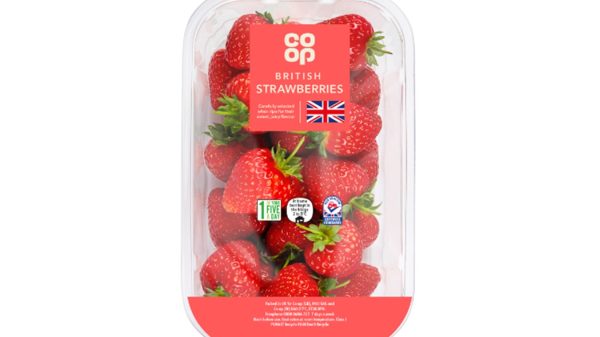
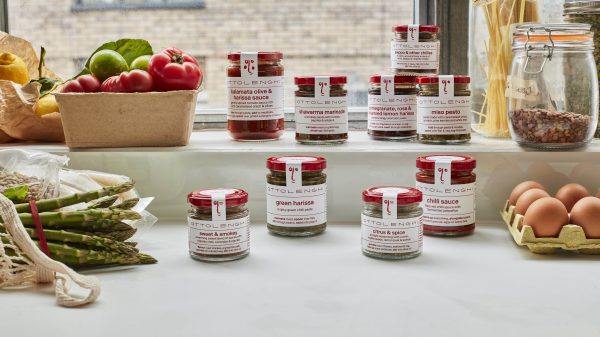

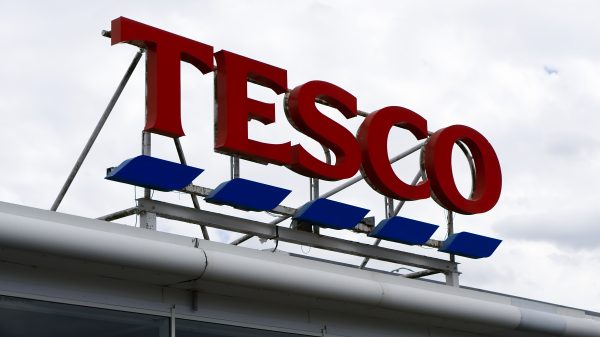

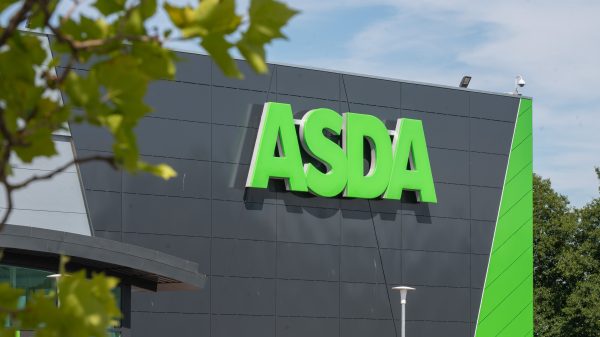


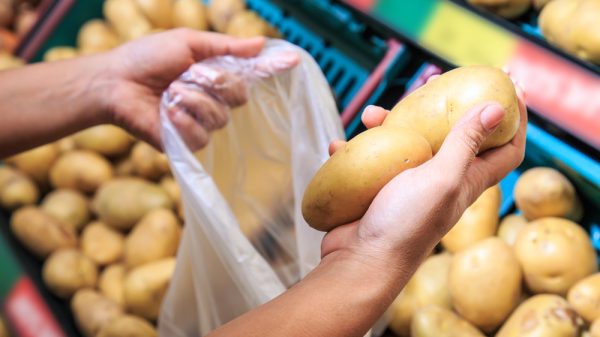

2 Comments. Leave new
If Waitrose are using these signs to increase sales then fair enough, it’s what they are in business to do. If Waitrose are using these signs to increase donations they should offer the highlighted items at a discount.
You have lost me as a customer, so patronising